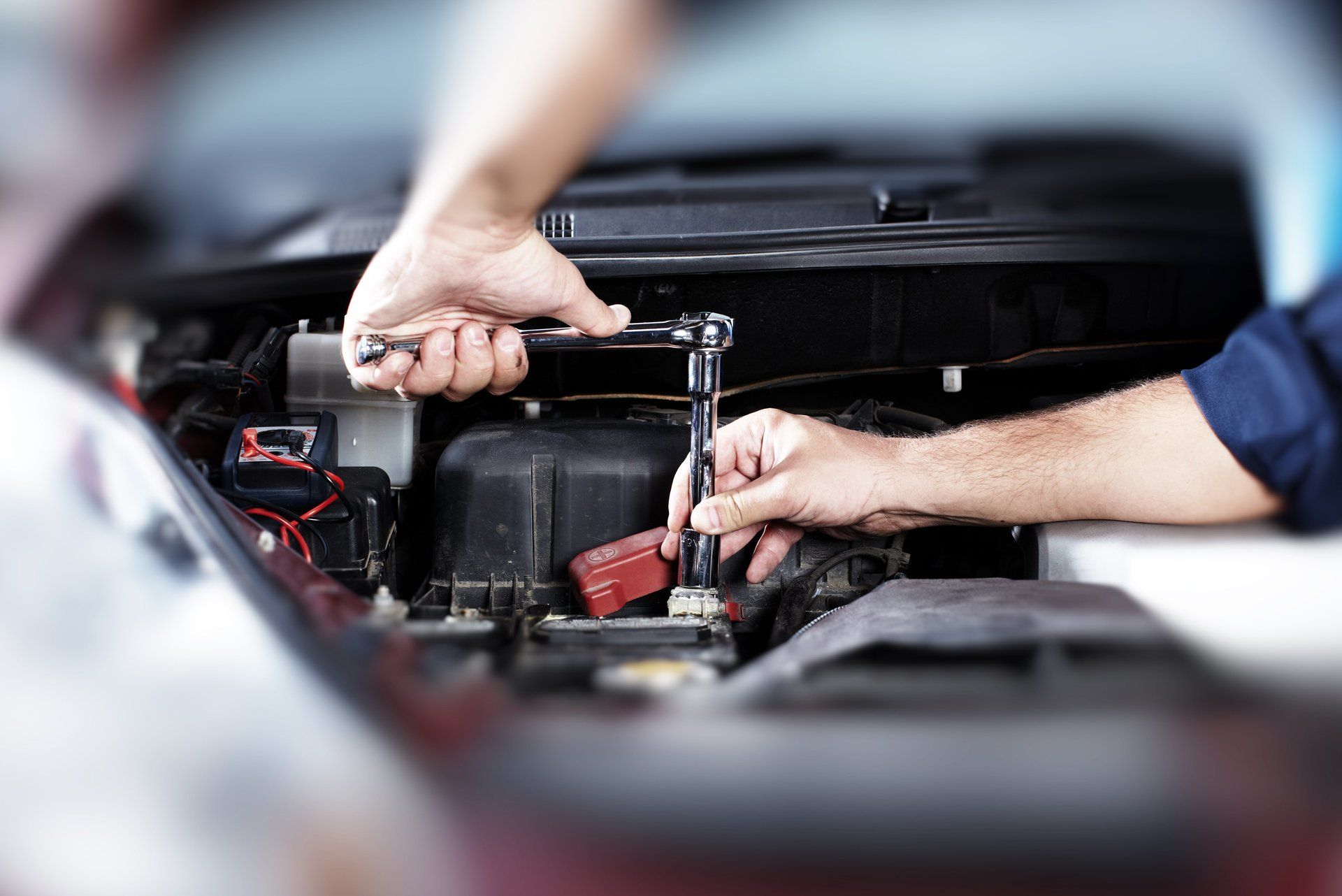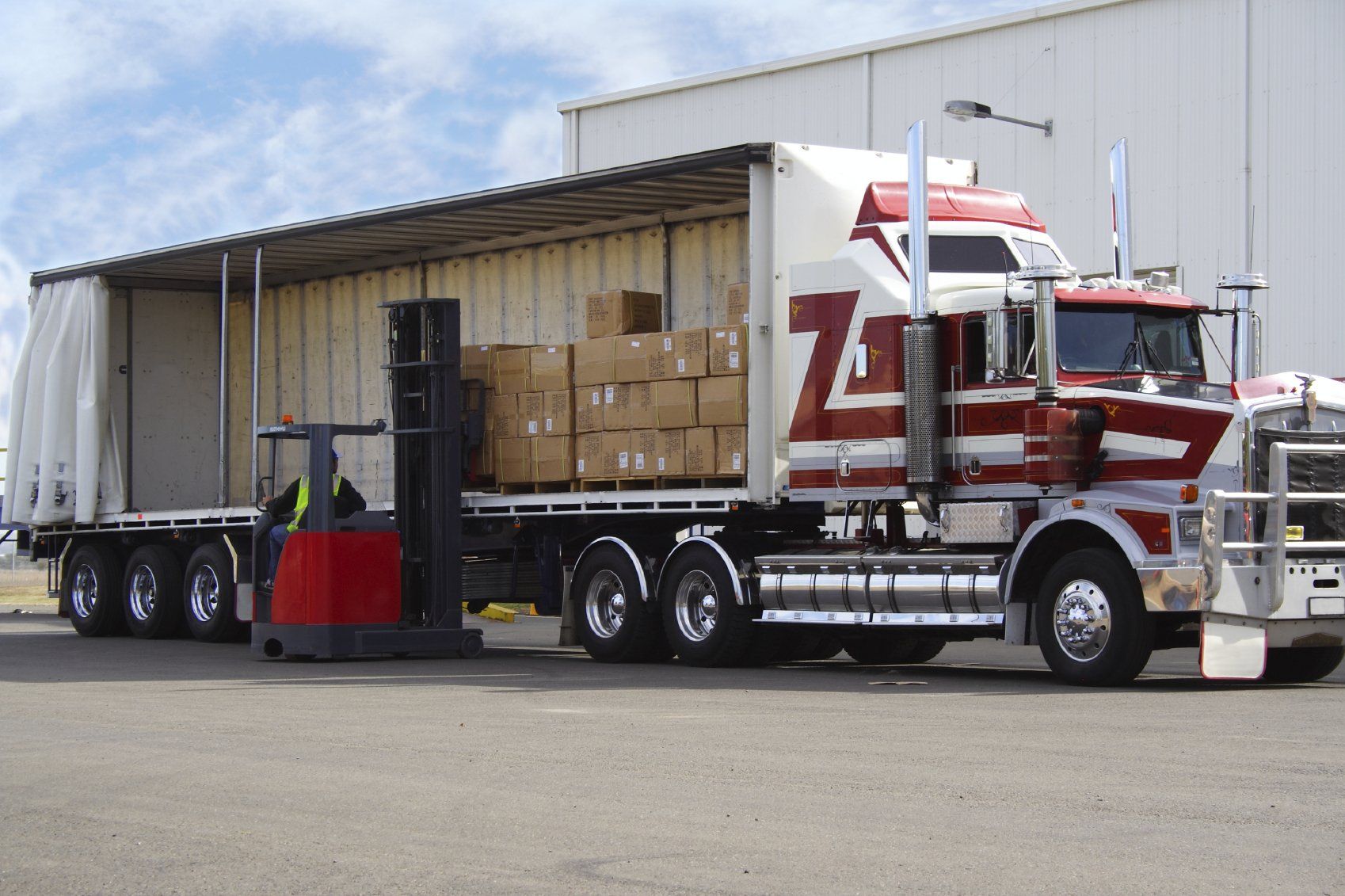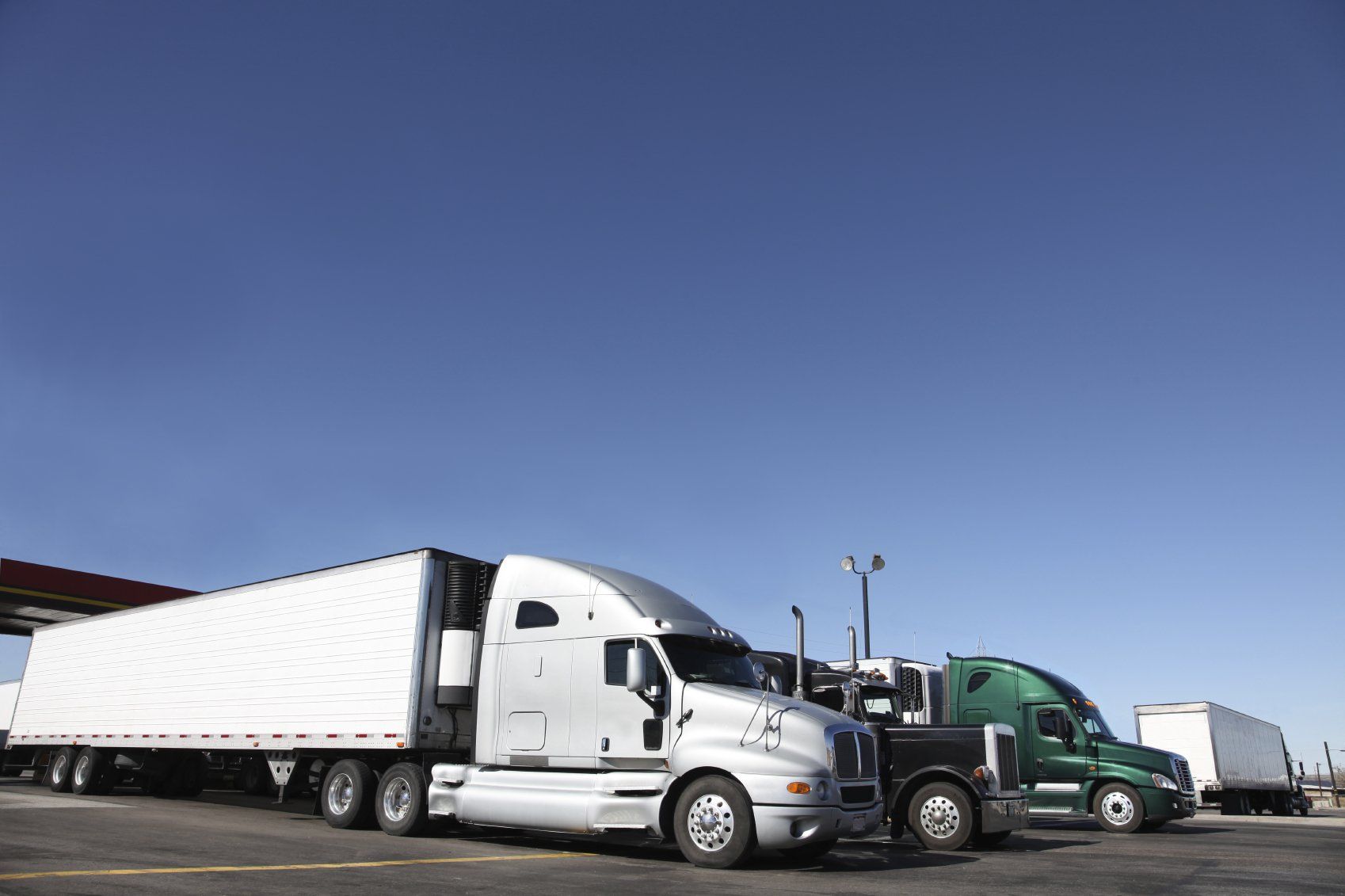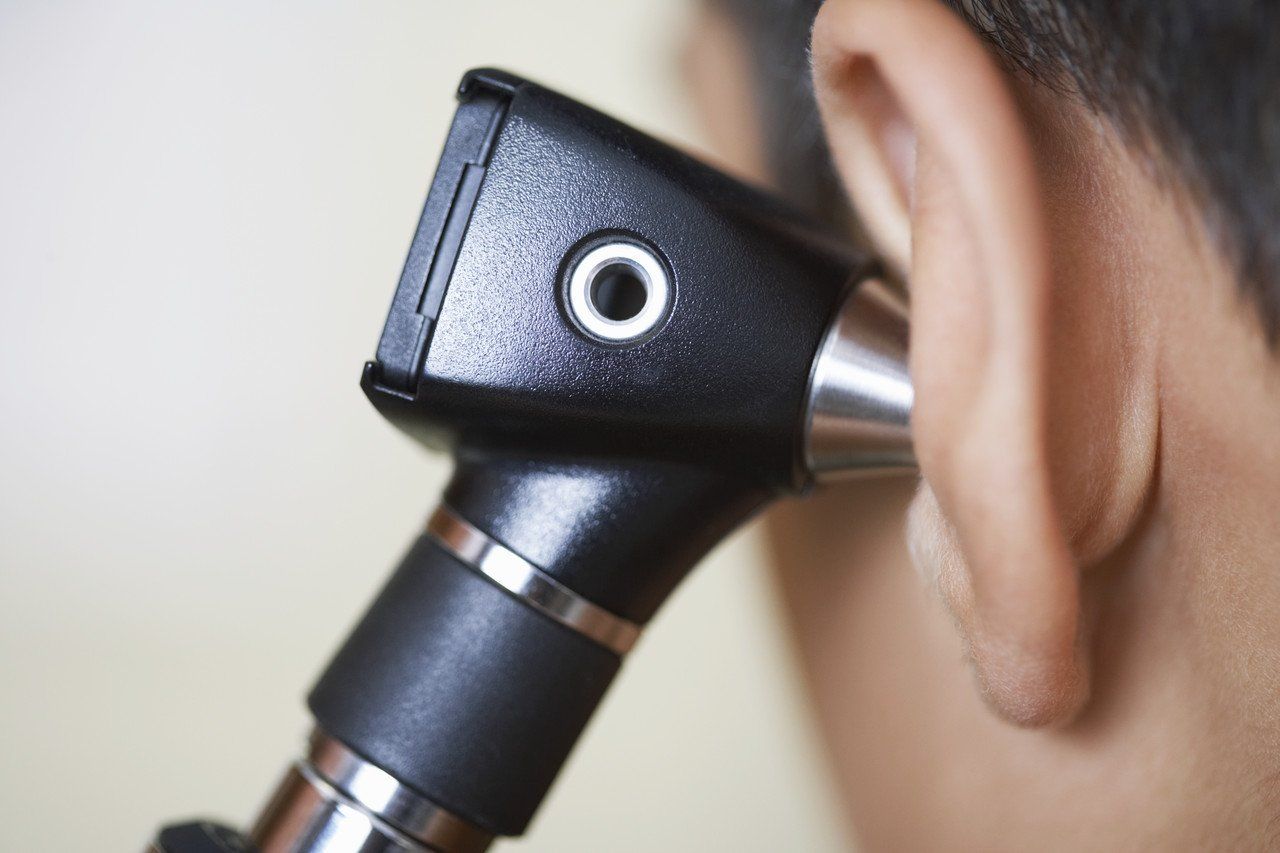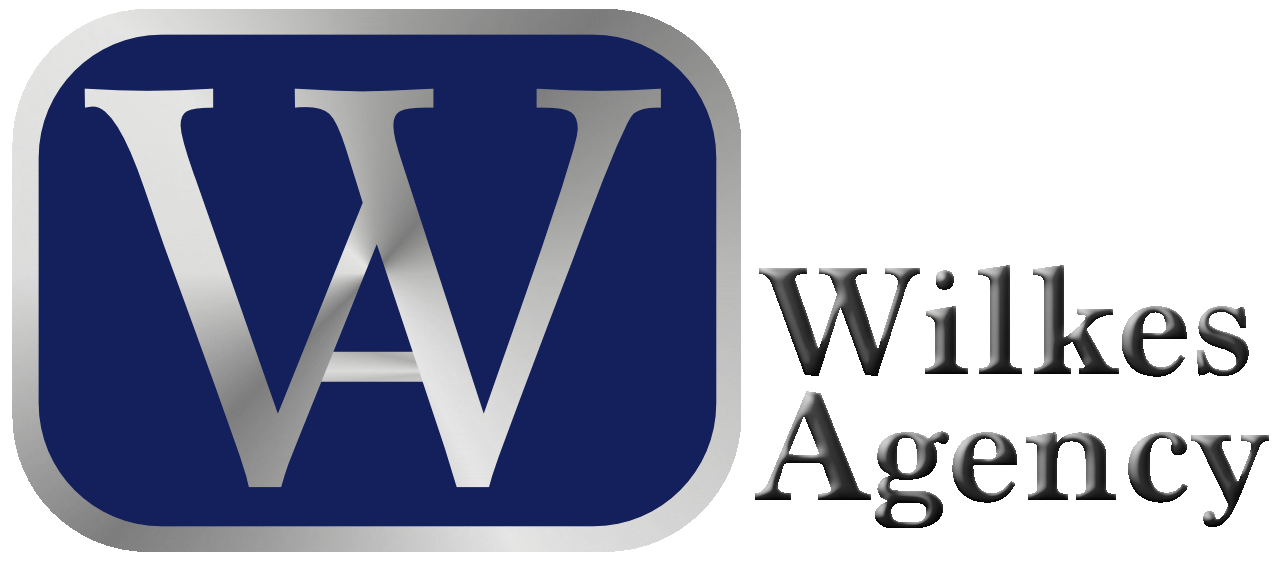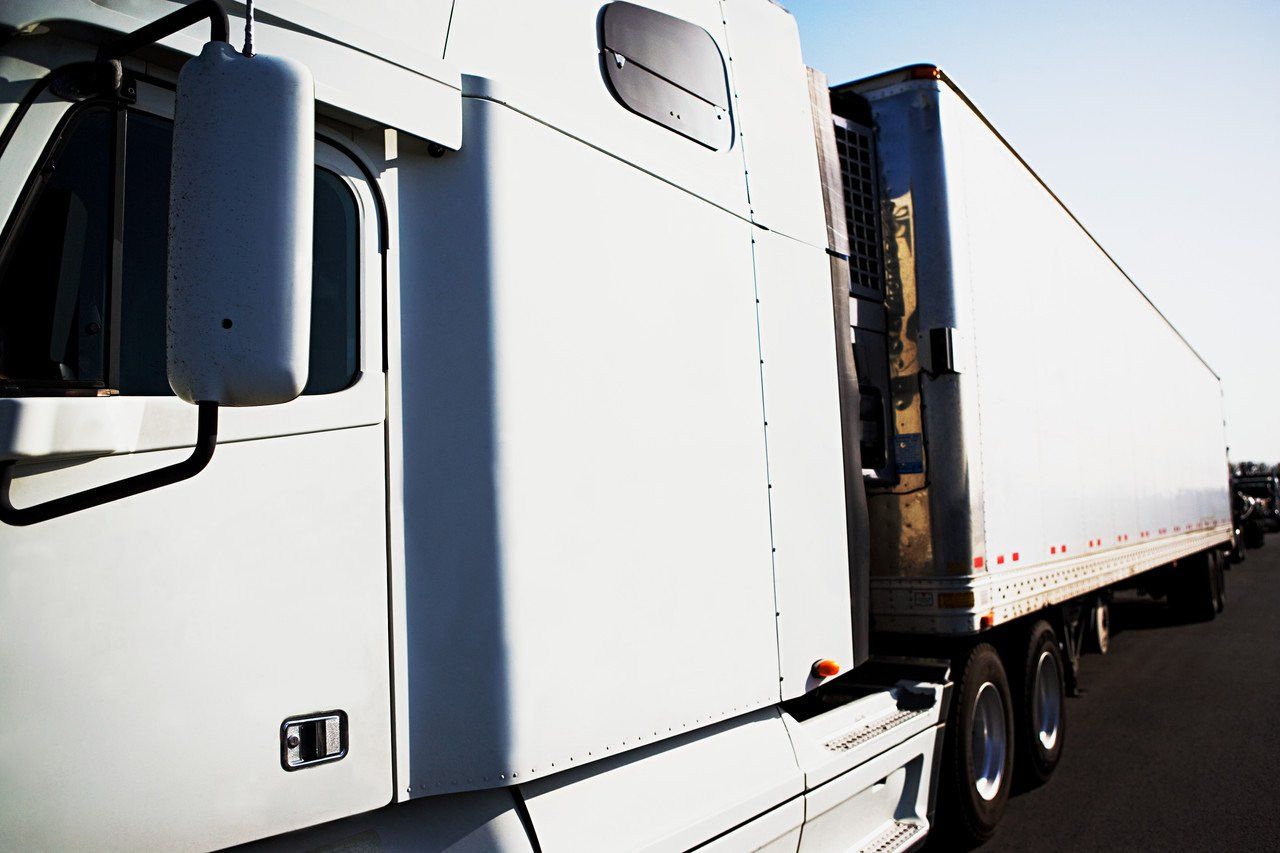Efficient Processes in Trucking: Preparing for and Managing Inspections and Audits
Trucking companies operate in a highly regulated environment, subject to various inspections, audits, and compliance checks to ensure safety and adherence to industry standards. Effectively managing these processes is crucial for maintaining compliance, minimizing disruptions, and protecting your business reputation. In this article, we'll explore strategies for preparing for and handling inspections or audits efficiently in the trucking industry, empowering operators to navigate regulatory requirements with ease and confidence.
1. Establish Clear Procedures and Protocols:
- Develop comprehensive procedures and protocols for handling inspections and audits within your trucking operation. Outline roles and responsibilities, document processes, and establish clear communication channels to ensure everyone understands their responsibilities and knows what to expect during inspections or audits.
2. Conduct Regular Internal Audits:
- Proactively conduct internal audits of your operations to identify potential compliance issues and areas for improvement. Regular audits allow you to address deficiencies promptly, implement corrective actions, and demonstrate a commitment to compliance during external inspections or audits.
3. Maintain Accurate Records:
- Accurate record-keeping is essential for demonstrating compliance during inspections or audits. Maintain organized records of driver qualifications, vehicle maintenance logs, hours of service records, and other relevant documentation. Invest in digital record-keeping systems to streamline data management and ensure accessibility.
4. Train Staff on Compliance Requirements:
- Provide comprehensive training to your staff on compliance requirements, inspection procedures, and regulatory standards. Ensure that drivers, dispatchers, and administrative staff are familiar with applicable regulations and understand their role in maintaining compliance during inspections or audits.
5. Perform Pre-Inspection Checks:
- Conduct thorough pre-inspection checks of vehicles, equipment, and documentation to identify and address any issues before external inspections occur. Regularly inspect vehicles for safety defects, ensure proper maintenance, and verify that required documentation is up-to-date and accurate.
6. Cooperate and Communicate Effectively:
- Foster a culture of cooperation and transparency when interacting with inspectors or auditors. Be responsive to inquiries, provide requested information promptly, and address any concerns or issues raised during the inspection process. Maintain open communication channels to facilitate a smooth and collaborative inspection experience.
7. Address Findings Promptly:
- If deficiencies or violations are identified during inspections or audits, take immediate action to address them. Implement corrective measures, document remedial actions taken, and follow up to ensure compliance. Proactively addressing findings demonstrates diligence and a commitment to continuous improvement.
8. Stay Informed and Engage with Industry Resources:
- Stay informed about regulatory changes, industry best practices, and emerging trends in trucking compliance. Engage with industry associations, participate in training programs, and leverage resources such as regulatory guides and compliance assistance materials to enhance your understanding and preparedness for inspections or audits.
Conclusion:
Efficiently managing inspections and audits is essential for maintaining compliance, minimizing risk, and safeguarding the reputation of your trucking business. By establishing clear processes, maintaining accurate records, and fostering a culture of compliance, trucking operators can navigate regulatory requirements with confidence and ensure continued success in the industry. At Wilkes Agency, we're committed to supporting trucking businesses with comprehensive insurance solutions tailored to their unique needs and compliance requirements. Contact Gregg or Teresa today for a fast and easy quote!
